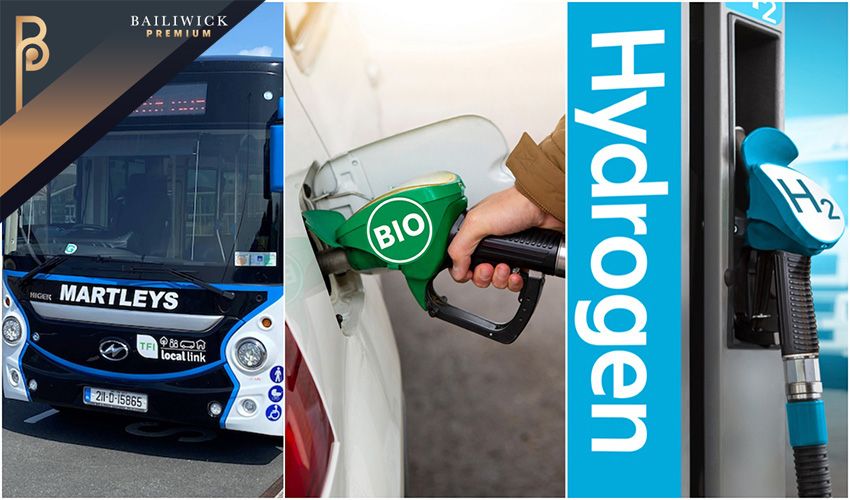


With the Director of LibertyBus confirming an electric bus is due to be trialled in Jersey next week, the future of sustainable transport on the island is once again in the spotlight....
LibertyBus Director Kevin Hart has said that for a couple of days next week, the Higer Steed will be testing the island’s roads to see if it’s suitable for Jersey.

Continue reading this article
Log in or sign up for an AIM Plus account now to read this story.
Get more from AIM Plus
Comments
Comments on this story express the views of the commentator only, not Bailiwick Publishing. We are unable to guarantee the accuracy of any of those comments.